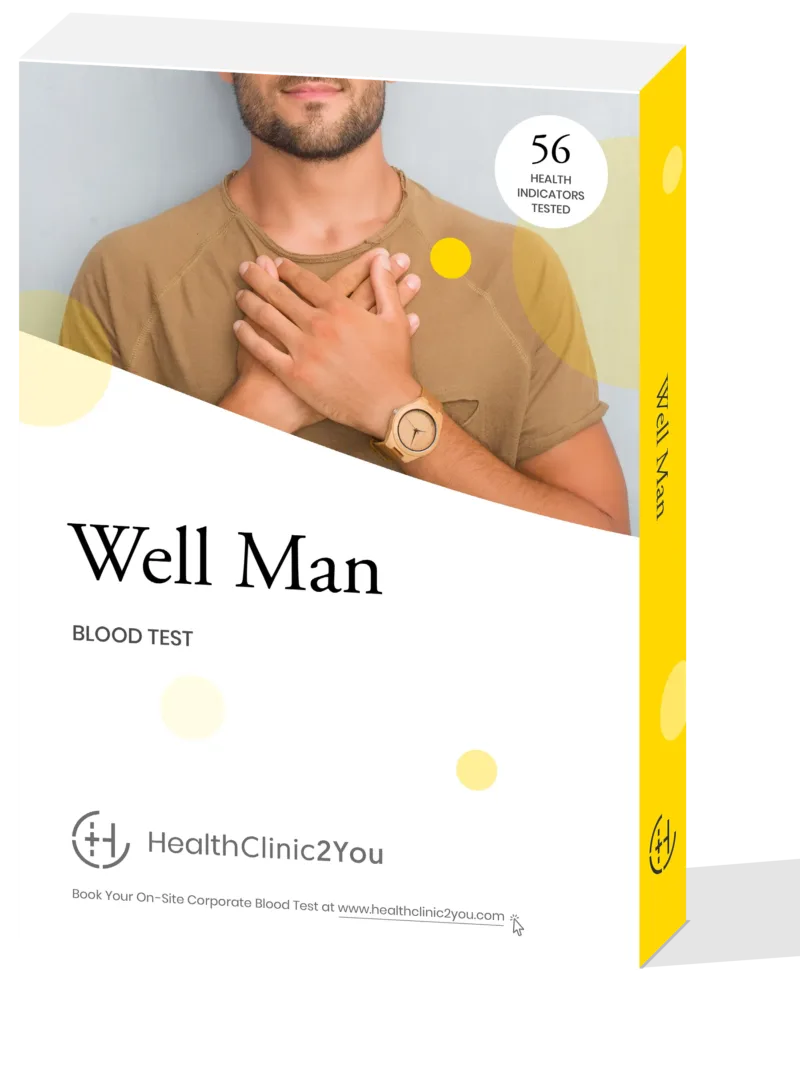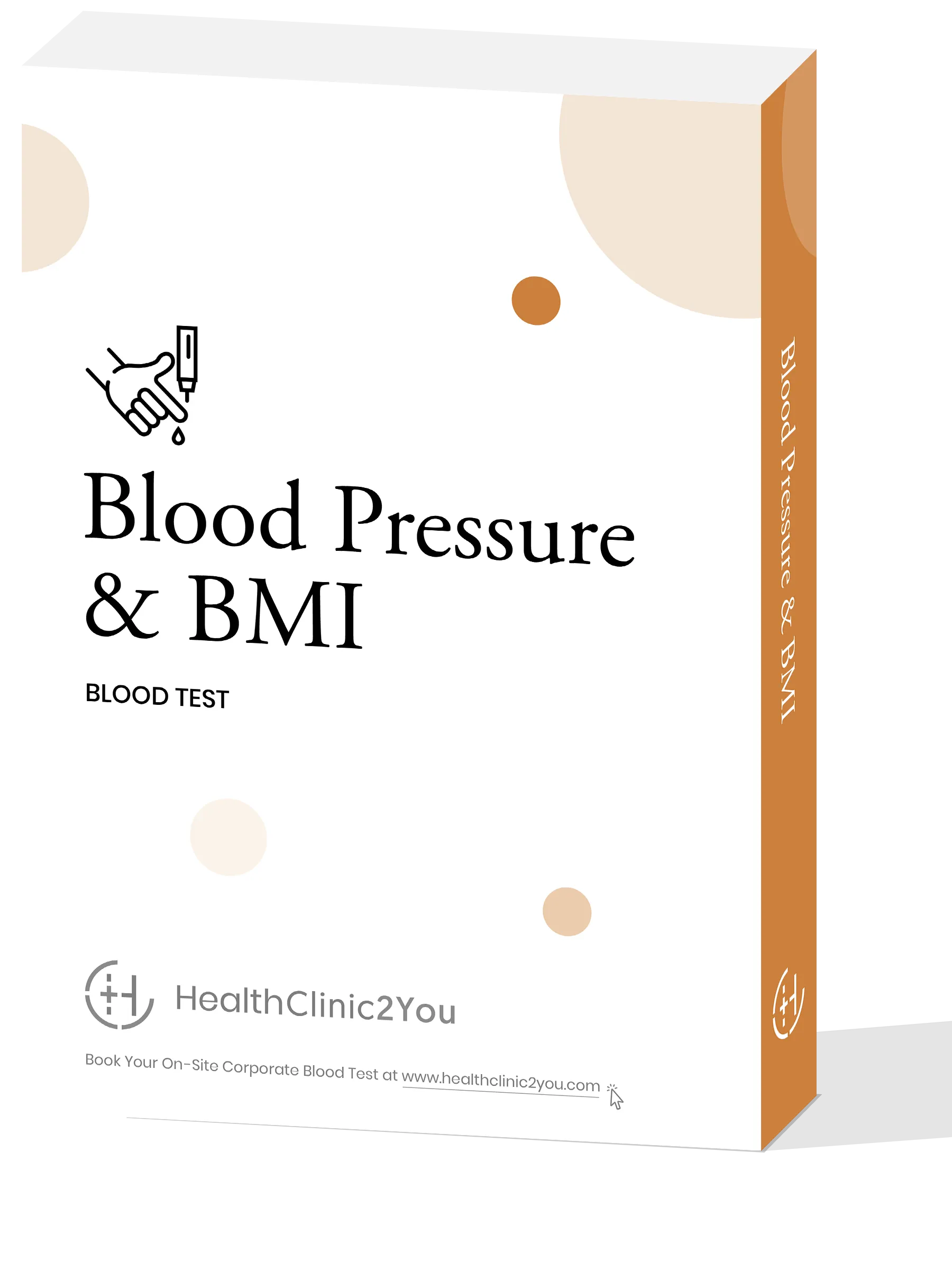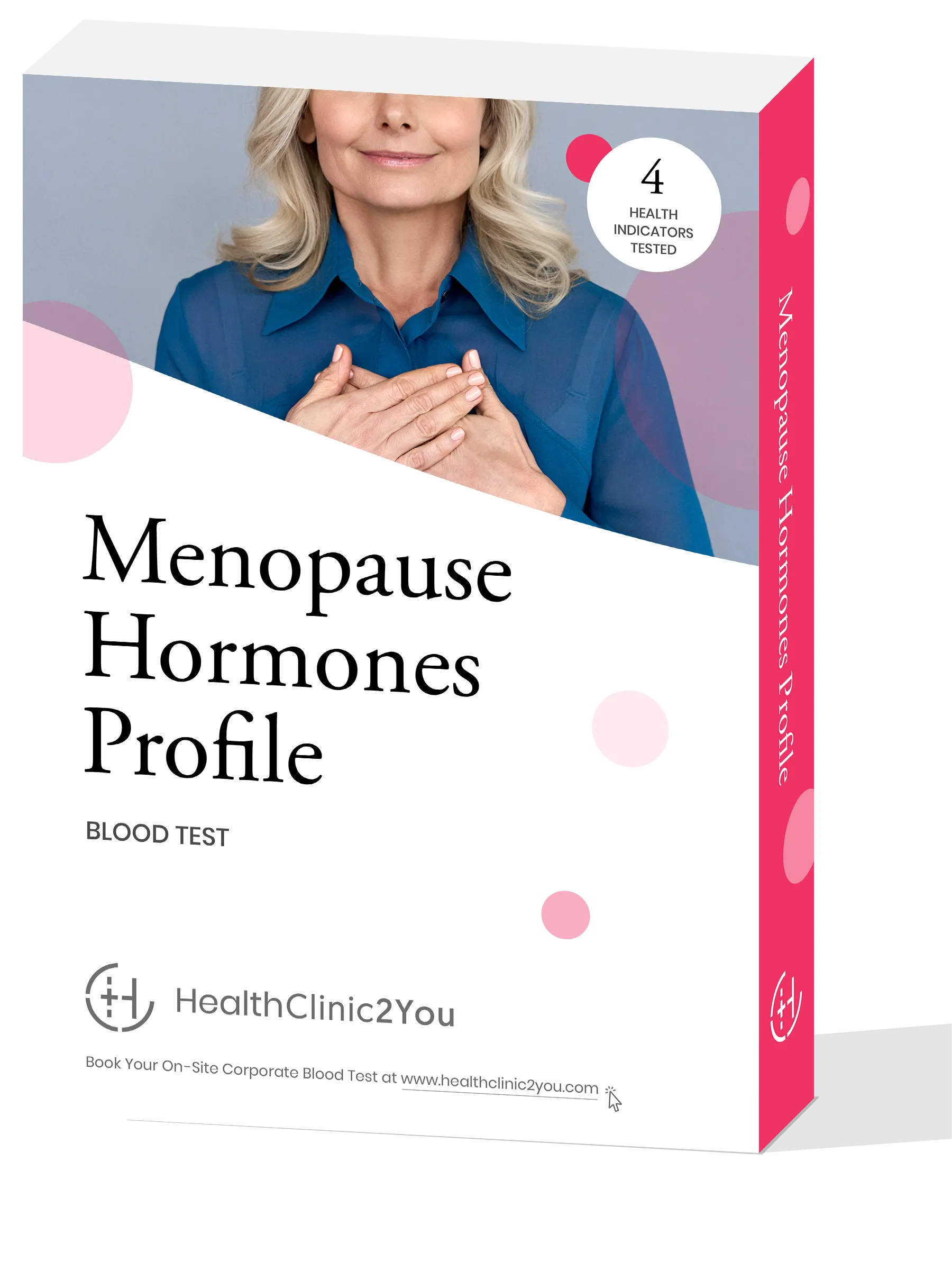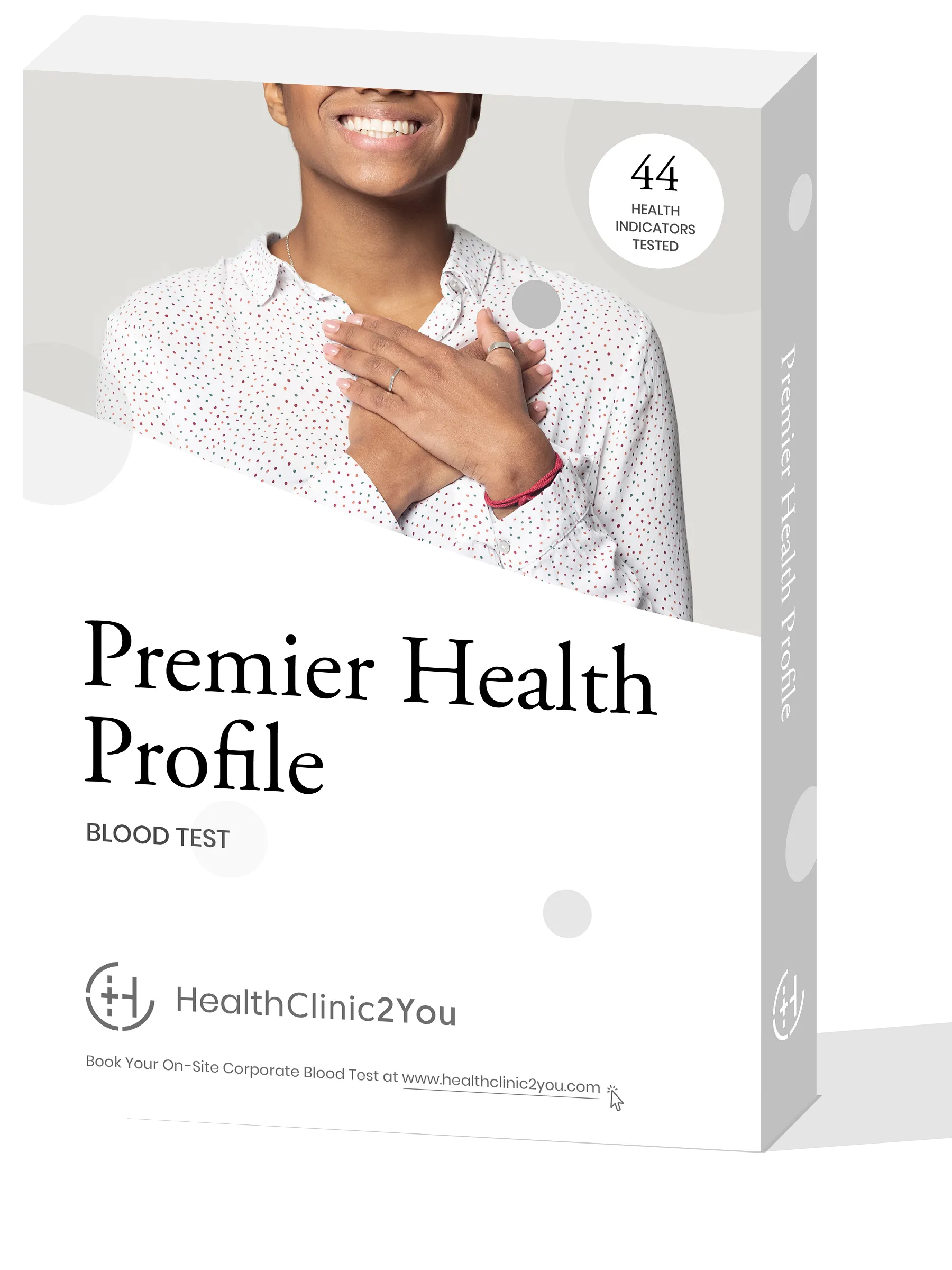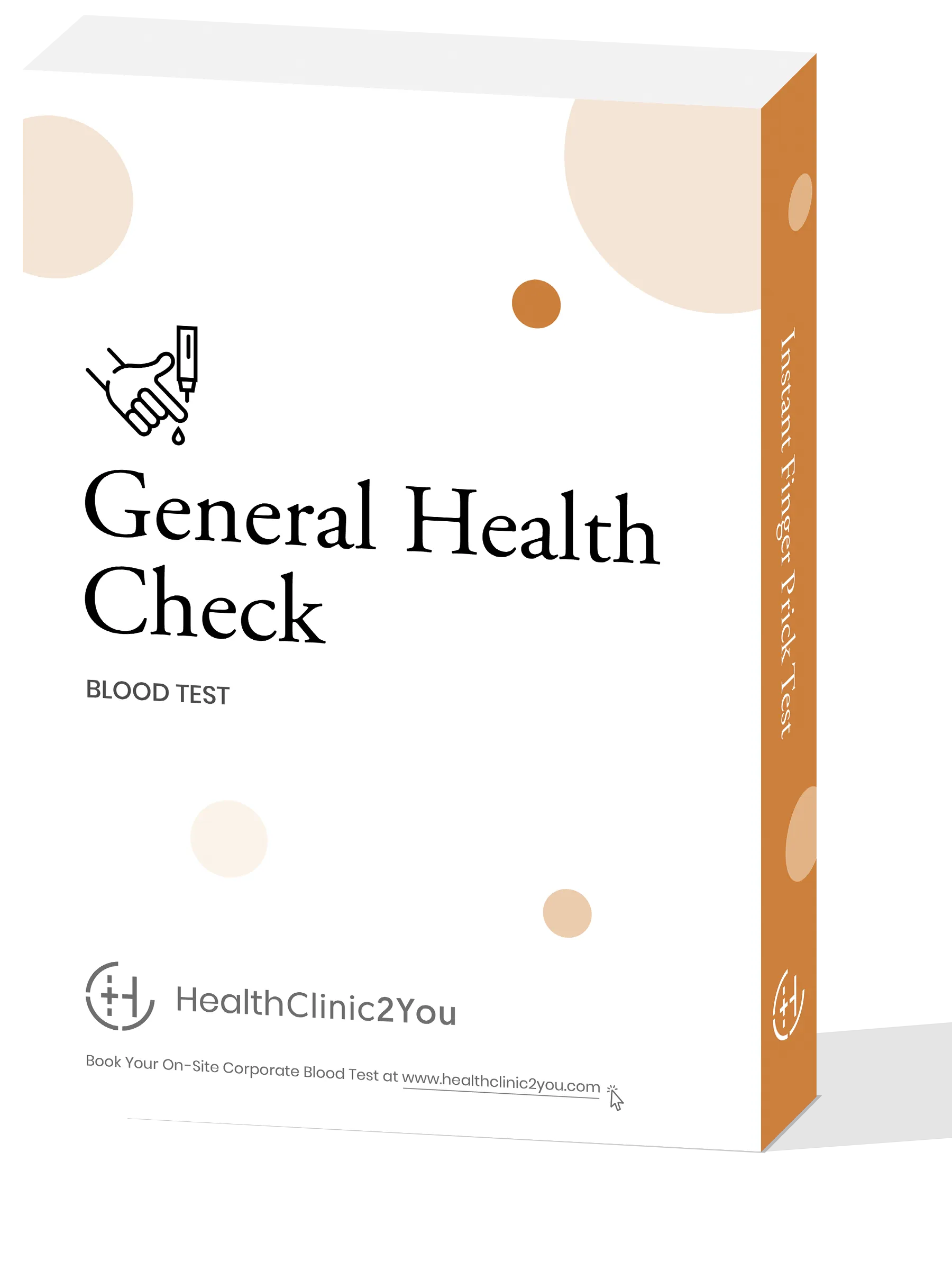Non-HDL-Cholesterol
Cholesterol
Non-HDL cholesterol is an important marker of cardiovascular risk and is often considered a better predictor of heart disease risk than LDL cholesterol alone. This is because non-HDL cholesterol includes all cholesterol-containing particles that contribute to atherosclerosis, not just LDL cholesterol.
A high level of non-HDL cholesterol indicates an increased risk of developing heart disease and other cardiovascular complications. This is because non-HDL cholesterol includes LDL cholesterol as well as other cholesterol-containing particles such as very low-density lipoprotein (VLDL) cholesterol and intermediate-density lipoprotein (IDL) cholesterol, which can also contribute to the formation of plaque in the arteries.
Monitoring non-HDL cholesterol levels can help healthcare providers assess an individual’s overall cardiovascular risk and make informed decisions about preventive measures and treatment strategies. Lifestyle modifications such as a heart-healthy diet, regular exercise, weight management, and smoking cessation can help lower non-HDL cholesterol levels and reduce the risk of heart disease.
In some cases, medications such as statins or other lipid-lowering drugs may be prescribed to further lower non-HDL cholesterol levels and decrease the risk of cardiovascular events. Regular monitoring of non-HDL cholesterol levels is essential to evaluate the effectiveness of treatment interventions and make necessary adjustments to the management plan.
Maintaining healthy non-HDL cholesterol levels is fundamental for preserving cardiovascular health and reducing the risk of heart disease and other related complications.
Available Blood Tests

